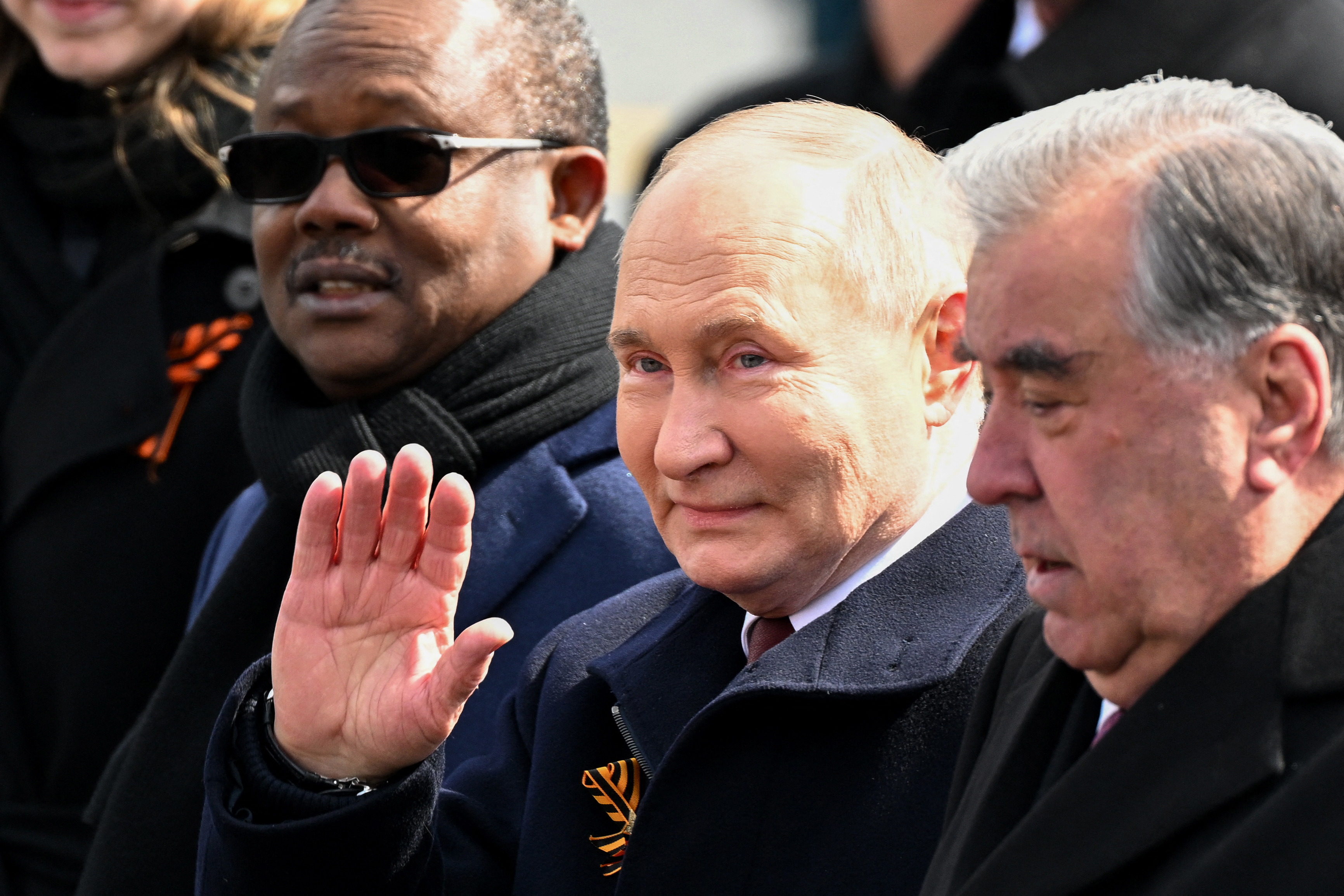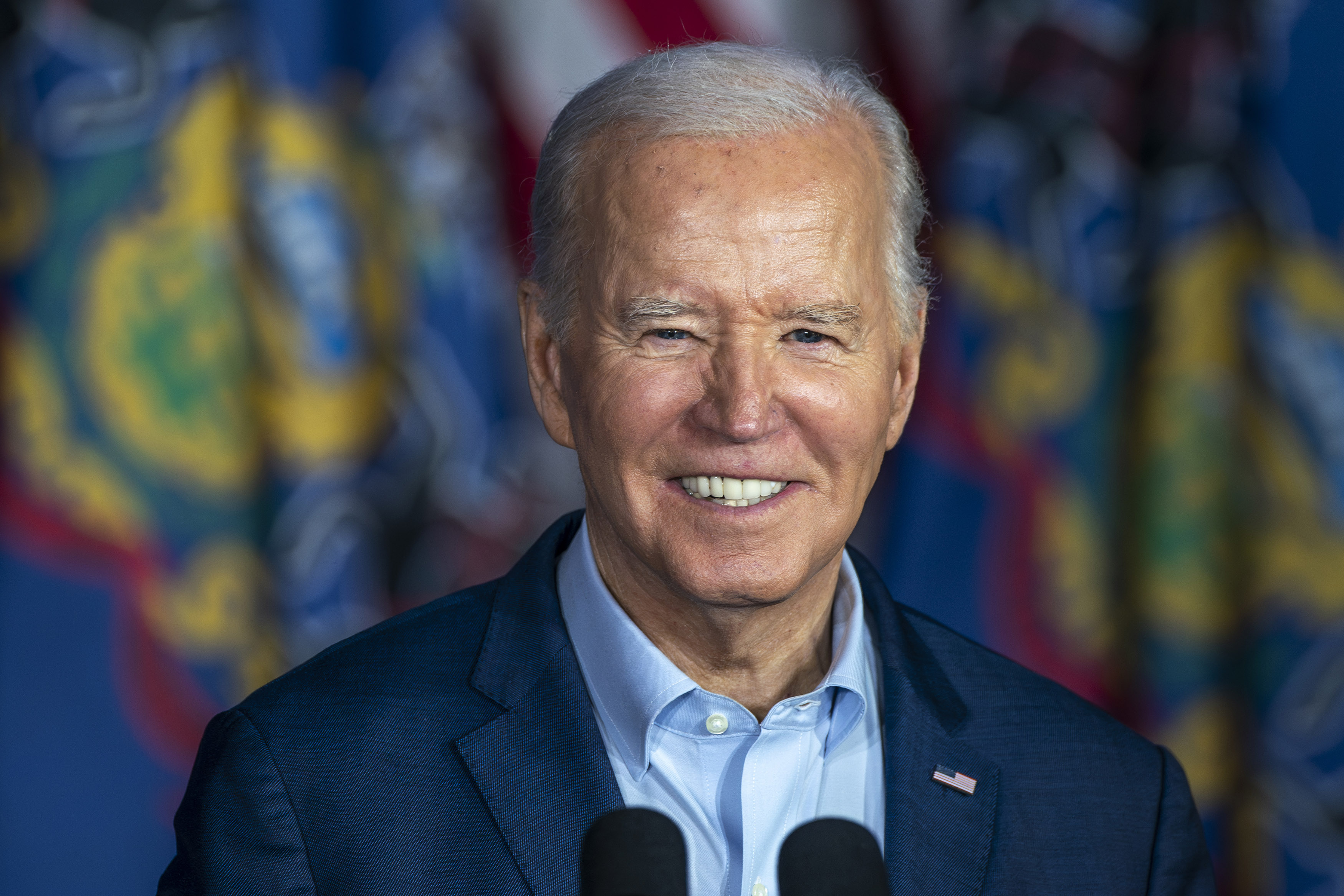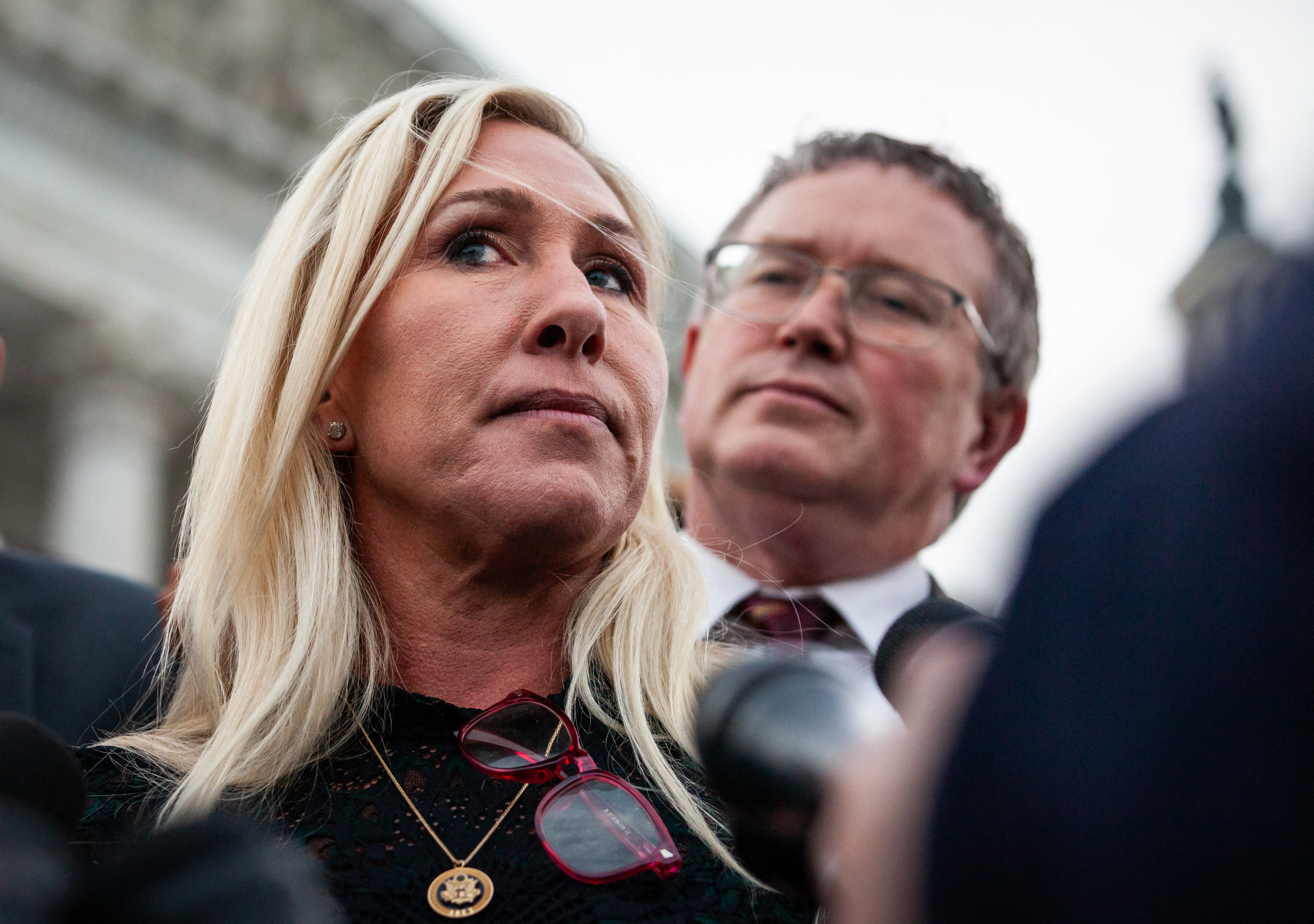"Deterrence is cheaper than war," former U.S. national security official Matthew Pottinger said on Wednesday while urging Taiwan to urgently develop a military strategy to make China think twice about mounting an offense.
Deterrence by denial—the buildup of defense forces to greatly reduce an adversary's chance of success—should be coordinated with regional democracies like the United States, Japan, Australia and the Philippines, Pottinger said.
Such an approach would be more effective than seeking to punish Beijing after it had already carried out a blockade or another form of escalation, he said, referencing a theory known as deterrence by punishment.
Pottinger, who helped craft former President Donald Trump's China policy as deputy national security adviser from 2019-2021, is considered among the most hawkish strategists in Washington's policymaking circle. In February, he described China's ruling Communist Party as a "hungry shark" that wouldn't stop until it was forced to.
Speaking at this year's Taipei Security Dialogue, organized by Taiwan's top defense think tank, the Institute for National Defense and Security Research, Pottinger said authoritarian leaders were historically unphased by punishment.
"The problem with that approach is history tells us that many dictators don't care if their economies and civilians and soldiers suffer and die in war," he said, pointing to Russian President Vladimir Putin's apparent indifference to the human and economic toll of the ongoing war in Ukraine.
Pottinger said optimism—not anger or accidents—were the leading cause of wars throughout history. This was true of European powers on the eve of World War I and of Putin before he launched his invasion of Ukraine in February of last year, he said.
"So Taiwan's mission, then, in order to preserve peace and to do everything in its power to erode the growing optimism about war that I detect in the speeches and the global actions of [Chinese President] Xi Jinping," Pottinger said.
Defense planners in Taipei and Washington have in recent years helped Taiwan acquire more asymmetric weaponry—low-cost, mobile, survivable and lethal arms that both sides believe could sufficiently deter China's overwhelming conventional forces.
The Biden administration has also reinvigorated U.S. alliances in the Asia-Pacific region in a move China's leaders have warned could lead to a Cold War-style bloc confrontation.

Since the late 1970s, Washington's "one China" policy has acknowledged, but not recognized or supported, Beijing's claim to sovereignty over Taiwan, which counts the U.S. as its strongest international backer.
This has allowed for a long-running policy of "strategic ambiguity," which neither commits to nor rules out American military intervention in a hypothetical Chinese attack on Taiwan.
Pottinger welcomed U.S. President Joe Biden's multiple public pledges to defend Taiwan in the event of a war, despite the White House's decision to walk back each of his statements.
Japan should more clearly signal its intention to defend Taiwan, said Pottinger, who described the U.S. ally as a force multiplier. Australia and European countries, he said, have part to play in collective deterrence as well.
Tokyo's economy relies on critical shipping lanes in and around the 100-mile-wide Taiwan Strait. It has repeatedly described Taiwan's security as inseparable from its own.
Earlier this year, a senior member of Japan's ruling Liberal Democratic Party said the country had to convince China it was "willing to fight" to prevent a change to the regional status quo.
Uncommon Knowledge
Newsweek is committed to challenging conventional wisdom and finding connections in the search for common ground.
Newsweek is committed to challenging conventional wisdom and finding connections in the search for common ground.
About the writer
Micah McCartney is a reporter for Newsweek based in Taipei, Taiwan. He covers U.S.-China relations, East Asian and Southeast Asian ... Read more
To read how Newsweek uses AI as a newsroom tool, Click here.






